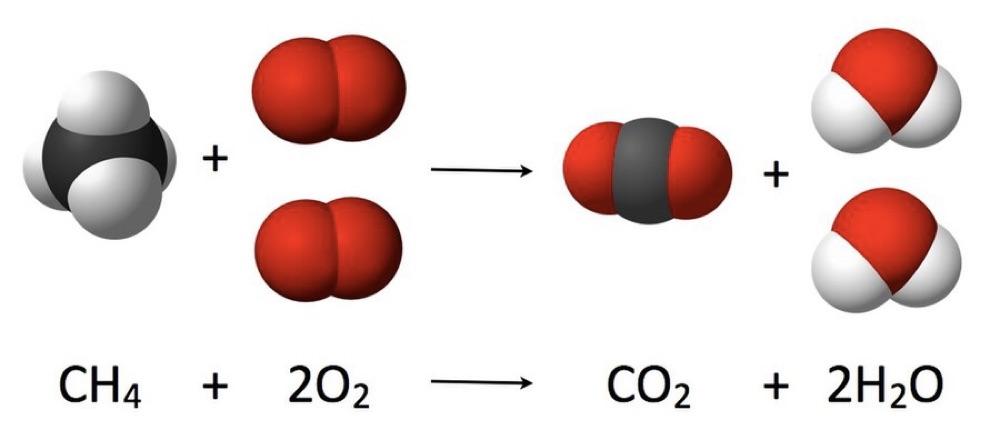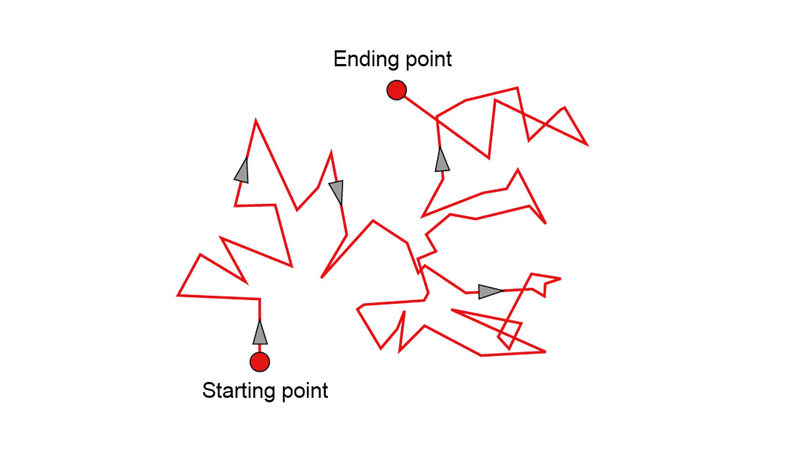Chemical reactions
- A process in which the rearrangement of the atomic partners occurs is what we call a chemical reaction.
- The heat is ordinarily in the form of the molecular motion of the hot gas, but in certain circumstances it can be so enormous that it generates light. That is how one gets flames.
- If we look at very tiny particles (colloids) in water through amicroscope, we see a perpetual jiggling of the particles, which is the result of the bombardment of the atoms. This is called the Brownian motion.
349
2.15K reads
CURATED FROM
IDEAS CURATED BY
The more one seeks to rise into height and light, the more vigorously do ones roots struggle earthward, downward, into the dark, the deep — into evil.
Richard Phillips Feynman (May 11, 1918 – February 15, 1988) was an American theoretical physicist, known for his work in the path integral formulation of quantum mechanics, the theory of quantum electrodynamics, the physics of the superfluidity of supercooled liquid helium, as well as his work in particle physics for which he proposed the parton model. For his contributions to the development of quantum electrodynamics, Feynman received the Nobel Prize in Physics in 1965 jointly with Julian Schwinger and Shin'ichirō Tomonaga.
“
The idea is part of this collection:
Learn more about books with this collection
How to create customer-centric strategies
The importance of empathy in customer success
The impact of customer success on business growth
Related collections
Similar ideas to Chemical reactions
The different forms of energy
- Heat - results from movement of atoms; considered as energy in due to relations to temperature
- Kinetic - energy of motion
- Potential - energy due to an object's position
- Mechanical - the sum of kin...
Brownian Motion
Brownian Motion is the random motion of particles in a fluid, as they collide with other atoms or molecules. It is also called pedesis, which is a Greek term for leaping. Many visible, macroscopic particles can be influenced by invisible, microscopic particles, like pollen grain...
Read & Learn
20x Faster
without
deepstash
with
deepstash
with
deepstash
Personalized microlearning
—
100+ Learning Journeys
—
Access to 200,000+ ideas
—
Access to the mobile app
—
Unlimited idea saving
—
—
Unlimited history
—
—
Unlimited listening to ideas
—
—
Downloading & offline access
—
—
Supercharge your mind with one idea per day
Enter your email and spend 1 minute every day to learn something new.
I agree to receive email updates


